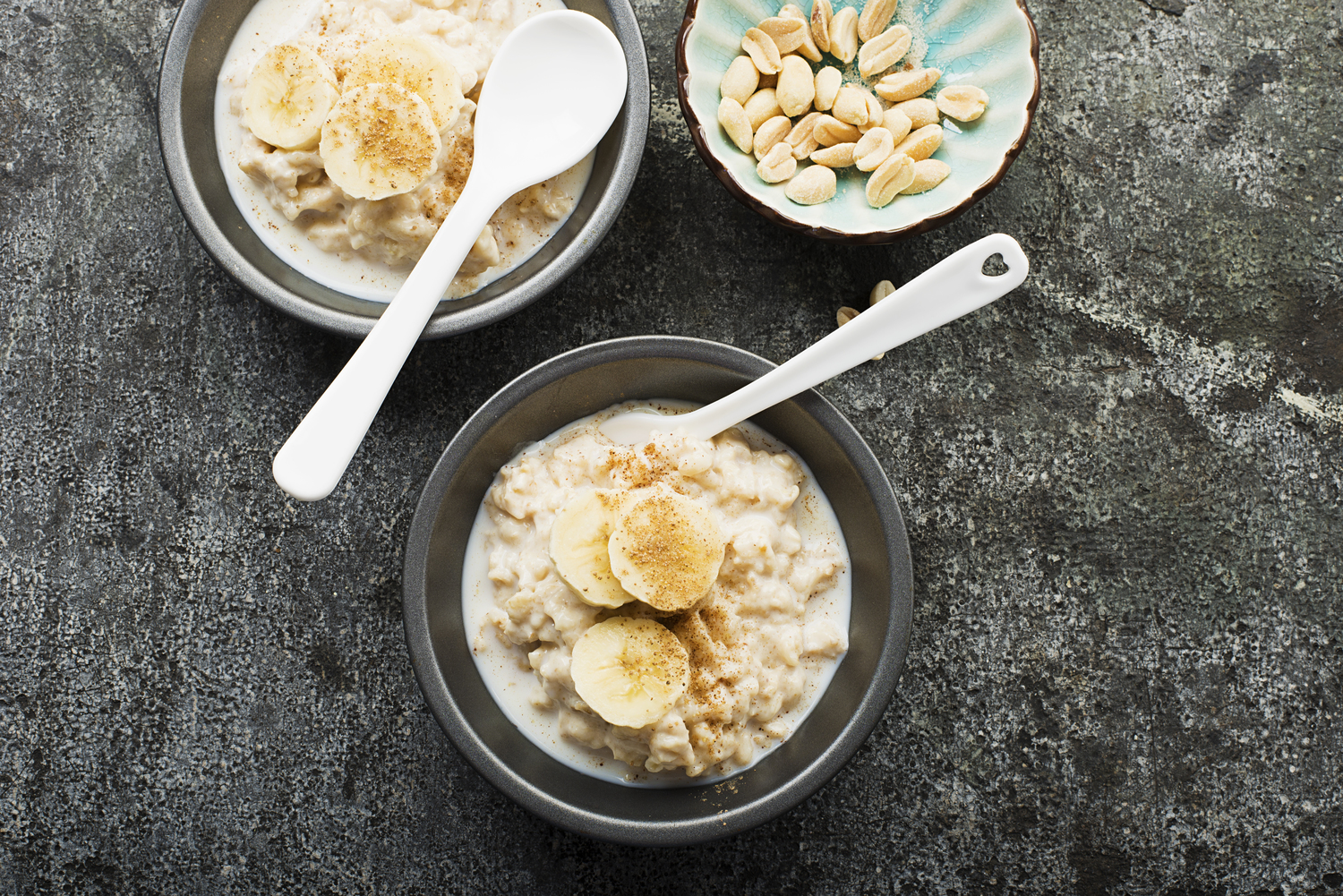
Lifestyle Tips for ADHD Patients
Attention deficit hyperactivity disorder, or ADHD, presents itself in a child’s early years. They overreact to events and find it difficult to sit still and focus on tasks given them. It is important that a physician or mental health provider diagnose the disorder instead of trusting the opinions of unqualified teachers or concerned family members. The brain development in ADHD minimizes their ability to pay attention, sit still, and control their impulses.
Ritalin is one of the prevalent drugs used in the treatment of ADHD. The medication works by modifying certain natural brain chemicals. The drug is a stimulant that can help improve concentration and focus. It has also proven to control outbursts and behavioral issues. This medication has helped individuals improve organization of tasks and how they listen to instructions. Though medication may be a last resort, it has proven beneficial when a person with ADHD finds diet ineffective in helping them with their symptoms. Medication can help reduce symptoms, but diet may also help someone who suffers from ADHD:
1. Protein
Reducing or halting spikes in blood sugar can be accomplished by reducing consumption of processed starches and sugars. Protein-rich foods like red beef, pork, chicken and turkey, eggs, beans, nuts, etc.may have many benefits against the symptoms of ADHD.
2. Complex carbohydrates
In addition to a high-protein diet, high-fiber, low-sugar carbohydrates help naturally reduce the symptoms of ADHD. Foods like oatmeal with milk or peanut butter on whole grain toast properly energizes the mind without charging the blood with sugars.
3. Omega-3 fatty acids
When cooking, healthy fatty oils like olive oil or fish oils are a general benefit. When a person with ADHD consume these fats, they improve their overall mental health and behavior. Studies prove that consuming fish oil and olive oil help decrease symptoms after only three months. Impressively, after six months, most of those in the study improved by fifty-percent.
4. Iron levels
Maintaining healthy levels of iron is crucial in helping a person with ADHD. Research found people with ADHD had half the iron levels of a person without. High-iron diets include spinach, liver, and turkey. For those who do not like the first two options, turkey is a delicious alternative. Snacks that contain high iron include dried apricots, nuts, and strawberries. Naturally absorbed iron is more effective than supplements and easier to regulate.
5. Foods to avoid
Artificial foods. Intentionally left off the list of iron-rich foods is chocolate. This delicious treat has negative effects on a person with ADHD because of the high sugar content. Other foods to avoid include cereals that include artificial preservatives and dyes. Avoid these to keep your child’s sugar levels at a reasonable level, even if reported with high iron, zinc, and magnesium, which help symptoms. Other foods that may trigger ADHD symptoms include gluten and other allergens such as wheat, corn, and soy can harm a child’s focus and cause hyperactivity. Read package ingredients before purchasing convenience foods. It is best practice for any healthy diet to eat more fresh foods, lean proteins, and complex carbohydrates. For a person who suffers with ADHD, it can mean the difference between productivity and frustration.


